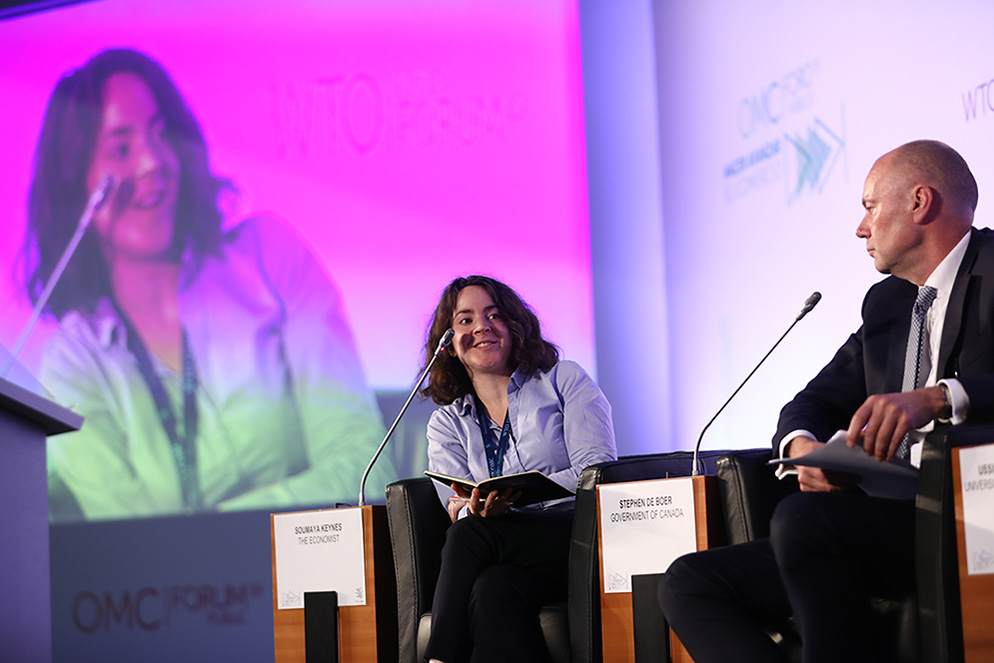More
A vision for a healthy ocean is achievable but people are standing in their own way by paying huge sums of public money to keep damaging and destructive fishing activities afloat, Mr Attenborough said in his video message at the session organized by the Pew Charitable Trusts, the International Institute for Sustainable Development (IISD) and Friends of Ocean Action. The world can turn this around by seizing the opportunity and securing a global deal to restore oceans to their former abundance and diversity, he said.
UN Sustainable Development Goal (SDG) Target 14.6 calls for prohibiting certain forms of fisheries subsidies which contribute to overcapacity and overfishing, eliminating subsidies that contribute to illegal, unreported and unregulated (IUU) fishing, and refraining from introducing new such subsidies, by 2020. In the 2017 WTO Ministerial Decision on Fisheries Subsidies, members agreed to continue to engage constructively in fisheries subsidies negotiations, with a view to adopting an agreement by the end of 2019.
“We have less than three months to meet the end-of-year deadline. If we do not meet this deadline, our marine resources will not wait — they will continue to decline,” Director-General Roberto Azevêdo said at the session, reacting to Mr Attenborough's message. “This should be of pressing concern to all of us.”
“These rules also have economic and social significance. More than 40 million people worldwide earn their living through fishing. And many poor communities rely on fish as their only source of food or economic activity. Depleted stocks mean depleted economic activity for coastal communities, and millions around the world will lose their livelihoods,” he said.
His full statement is available here.
As of 2018, global fisheries subsidies amounted to US$ 35.4 billion, of which US$ 22 billion are deemed to be responsible for increasing the capacity of fishing fleets, said Ussif Rashid Sumaila of the University of British Columbia, referring to latest estimates published last month.
Since negotiations on fisheries subsidies started in 2001 in the WTO, the state of global fish stocks has continued to worsen, IISD's Alice Tipping said. In 2004, 24% of global fish stocks were overfished and by 2015 the figure had grown to 33%, she said. This problem gets worse the longer trade officials leave it, she said.
In the meantime, continuing the practice of giving out excessive fisheries subsidies is “insanity,” said Peter Thomson, United Nations Secretary-General's Special Envoy for the Ocean. It would be better to redirect harmful fisheries subsidies towards projects for coastal communities that secure their resilience and establish sustainable practices, he said.
Ambassador Stephen de Boer of Canada noted that the WTO remains the best place to successfully conclude a fisheries subsidies agreement. WTO members are experts on subsidies and this is the organization where rules are set to discipline these government pay-outs, he said. In addition, if the deal is going to be effective, it has to be multilateral with all key players involved. For those reasons, negotiations have to be held and concluded at the WTO, he said.
“We can't leave key players outside the tent,” Ambassador de Boer said. “If we don't do anything, we are all losers. This negotiation is forcing us to think about tomorrow.”
Share
Share
Problems viewing this page? If so, please contact [email protected] giving details of the operating system and web browser you are using.
